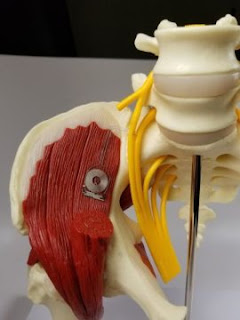Sustainable, Recyclable Toy: Insect Kids

Winner of Audi Innovation Award Source: Audi Innovation Award Innovation From Jordan Insect Kids is a biodegradable, recyclable ad reusable toy designed to benefit kids, their parents and the planet. The toy is the creation of a brother and sister team Ahmad and Rasha Jarrar of Jordan. They have received the prestigious Audi Innovation Award for their invention. The focus of the Audi competition was "circular models", meaning that the materials and resources used for the design would be reusable over the long term, yielding their maximum value. A Toy That Eliminates Clutter and Plastic Waste The Insect Kids toy can be constantly reused and disassembled when not in use to avoid household clutter. The toy is sustainable and recyclable. The inventors used flatpack technology and biodegradable materials ...







